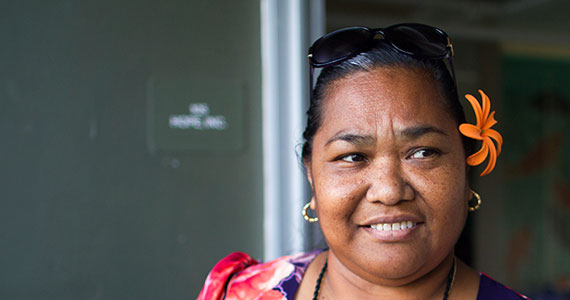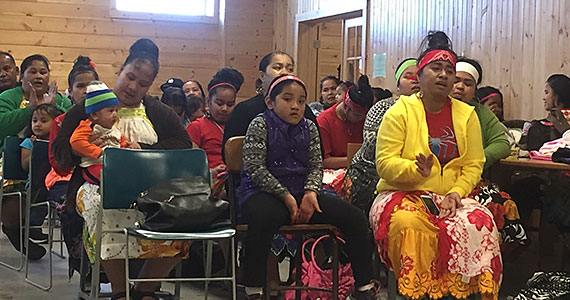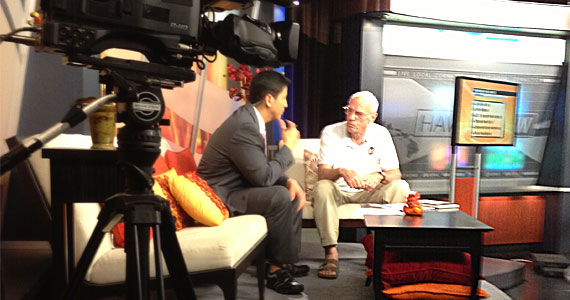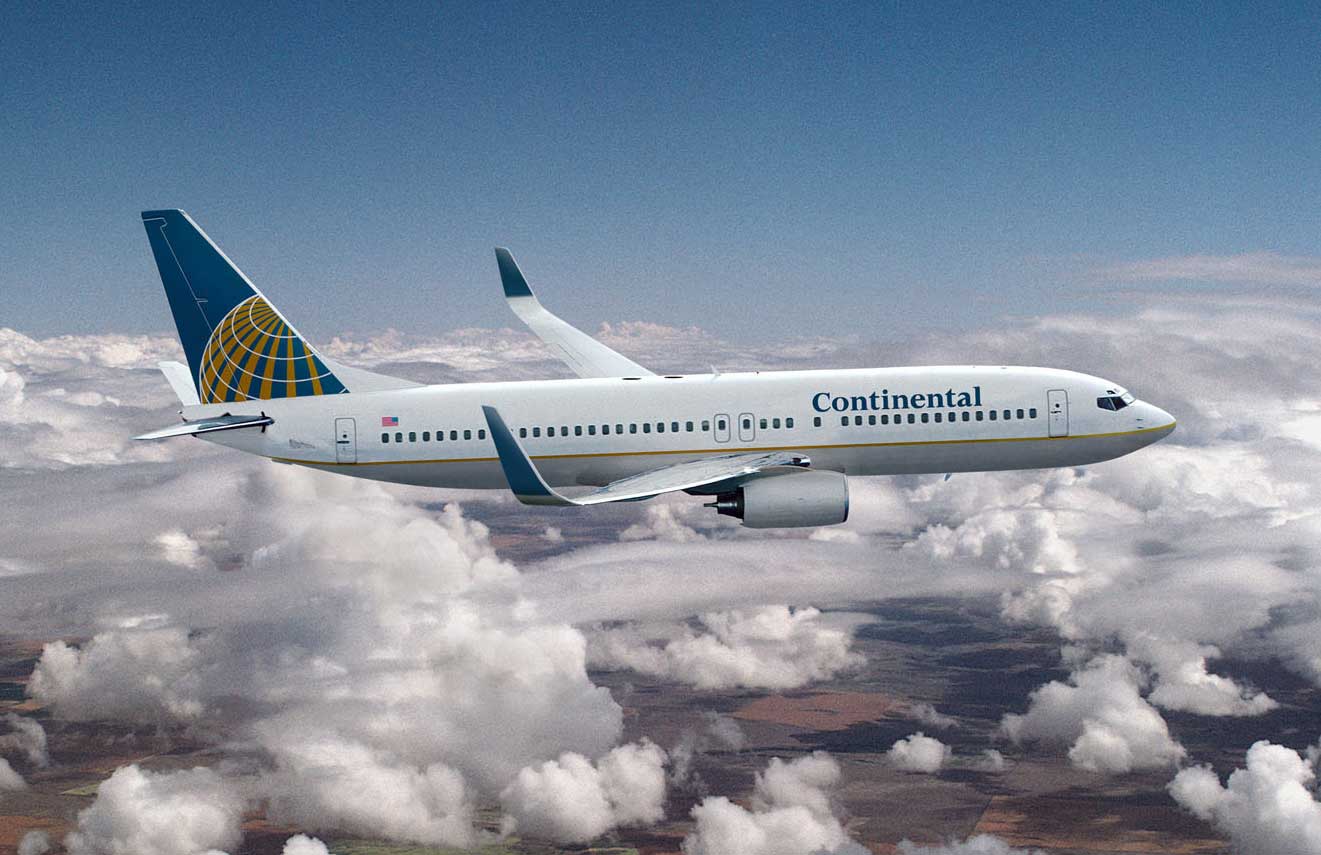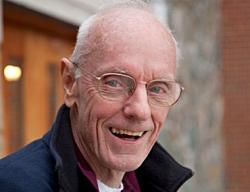If We Don?t Take Care of Our Own…
At first she wanted to be a police officer, although she had the natural talent to become a lawyer if she chose. But she really wanted to bust lawbreakers, not defend them in court?as she would have had to do as a lawyer.
As it turned out, she became a police officer on Saipan and served there for ten years. But when her father became seriously ill with kidney disease brought on by diabetes, she felt obliged to follow him to Hawaii. Her father, Manny Sound, while?finishing up a term as lieutenant governor of Chuuk, was told that unless he was given dialysis treatment he would be dead within the year. So Innocenta, as the eldest daughter in her family, turned in her badge and bought a ticket to Hawaii to be with her father. ?If we don?t take care of our own, who will?? her father liked to tell her.
She was prepared to honor the saying, but Chuuk State couldn?t do the same for her father. The state didn?t have the dialysis equipment or the technical competence, not to mention the money to support the costly treatment, to provide dialysis for its own people. So Chuukese, like those from so many other parts of Micronesia, had to travel to Hawaii and throw themselves on the mercy of the government heath care system if they, like her father, wanted to live.
This kind of care for people like Manny Sound was once provided by the US government through Medicaid. When those federal benefits were cut some time ago, the State of Hawaii pledged to continue them for all who needed help. Then, this generous service was challenged a few years ago by the former governor, Linda Lingle. At a public hearing, Manny Sound declared that the suspension of these benefits would be a death sentence for people like him. The debate over the matter?whether Hawaii will provide care for people whose Compact nations cannot support this level of health care?continues to the present.
Meanwhile, Innocenta has again found motivation in her father?s old saying. She is doing community outreach work among her own people?and anyone else who walks into her Kalihi office. She does interpreting when called on, works with youth, advises adults on services they might use, and does community organization. The issue especially dear to her heart, as we might suspect, is health care for migrants such as her father. In all this she hears her father telling her, ?If we don?t take care of our own, who will??
At the same time, Innocenta waits for an answer to a variation of that same question: If we don?t take care of our own because we can?t, will Hawaii help us out?

